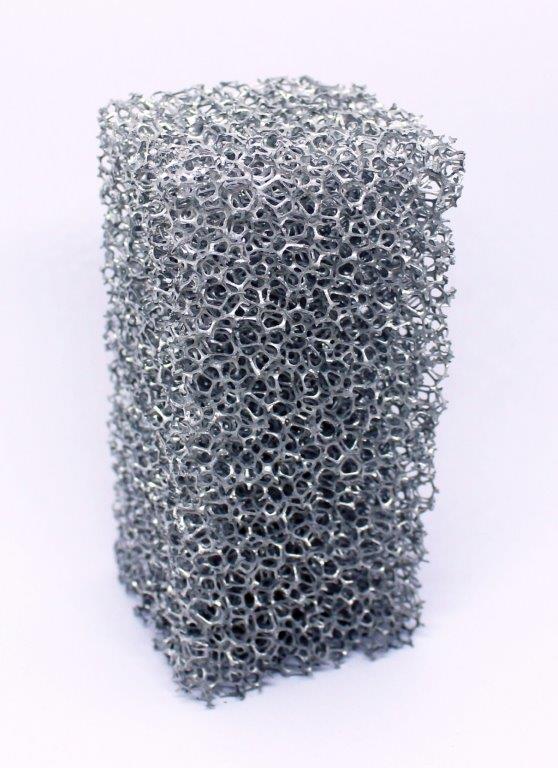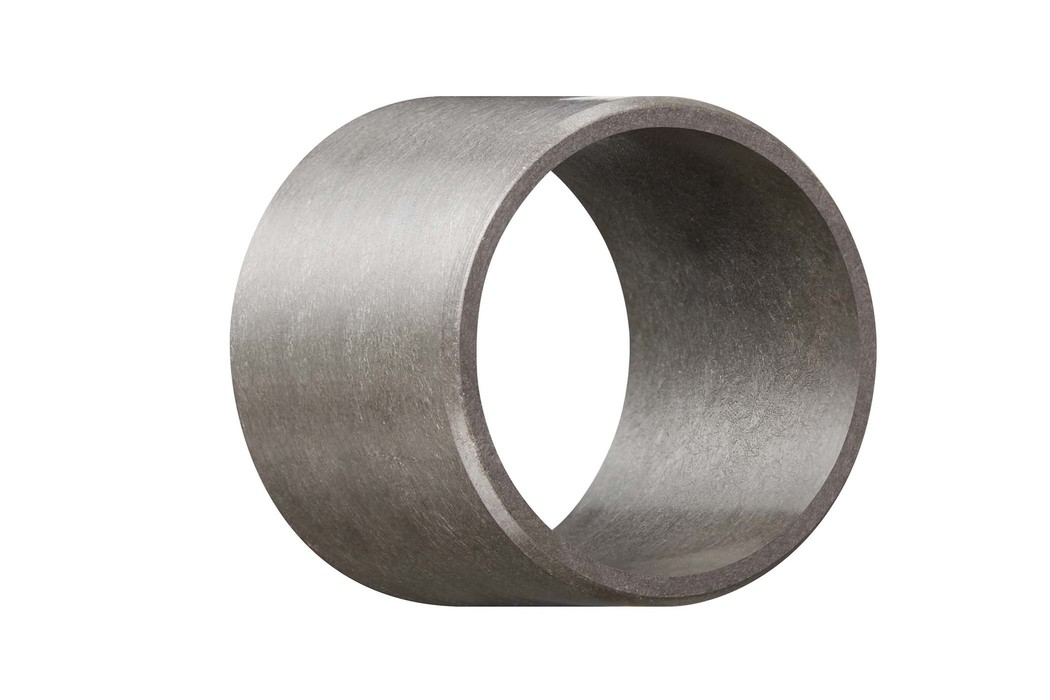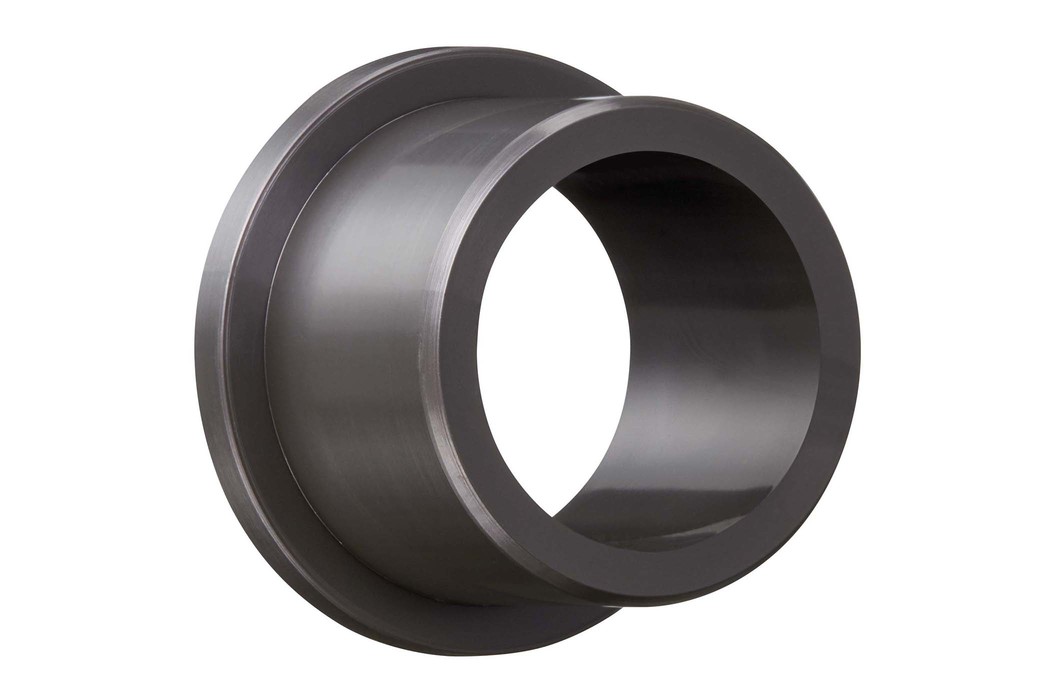Material Hub > Materialien
Materialien
-
Kategorie ThermoplasteDichte 0.96 g/cm³Einsatztemperatur -200 – 80 °C
-
Kategorie ThermoplasteDichte 0.96 g/cm³Einsatztemperatur -200 – 80 °C
-
Kategorie ThermoplasteDichte 0.95 g/cm³Einsatztemperatur -200 – 80 °C
-
Kategorie ThermoplasteDichte 0.95 g/cm³Einsatztemperatur -200 – 80 °C
-
Kategorie ThermoplasteDichte 0.94 g/cm³Einsatztemperatur -200 – 80 °C
-
Kategorie ThermoplasteDichte 0.96 g/cm³Einsatztemperatur -100 – 80 °C
-
Kategorie KunststoffeDichte 1.45 g/cm3Einsatztemperatur –
-
Kategorie KunststoffeDichte 1.41 g/cm3Einsatztemperatur -50 – 110 °C
-
Kategorie KunststoffeDichte 1.41 g/cm3Einsatztemperatur -50 – 110 °C
-
Kategorie KunststoffeDichte 1.41 g/cm3Einsatztemperatur -50 – 110 °C
-
Kategorie KunststoffeDichte 1.41 g/cm3Einsatztemperatur -50 – 110 °C
-
Kategorie ThermoplasteDichte 1.46 g/cm³Einsatztemperatur -40 – 130 °C
-
Kategorie ThermoplasteDichte 1.14 g/cm³Einsatztemperatur -40 – 80 °C
-
Kategorie ThermoplasteDichte 1.31 g/cm³Einsatztemperatur -60 – 250 °C
-
Kategorie ThermoplasteDichte 1.31 g/cm³Einsatztemperatur < 260 °C
-

Offenzelliger Aluminiumschaum (schmelzmetallurgisches Verfahren)
Fraunhofer IWU, Abteilung Leichtbau, Textiltechnologien und Circular Economy
Kategorie zellularer WerkstoffDichte 0.16 g/cm³Einsatztemperatur – -
Kategorie KunststoffeDichte 0.93 g/cm³Einsatztemperatur -250 – 80 °C
-
Kategorie KunststoffeDichte 1.32 g/cm³Einsatztemperatur 0 – 170 °C
-
Kategorie KunststoffeDichte 1.79 g/cm³Einsatztemperatur -20 – 140 °C
-
Kategorie KunststoffeDichte 1.78 g/cm³Einsatztemperatur -20 – 140 °C







